St James Learning and Teaching
Curriculum / Classroom News
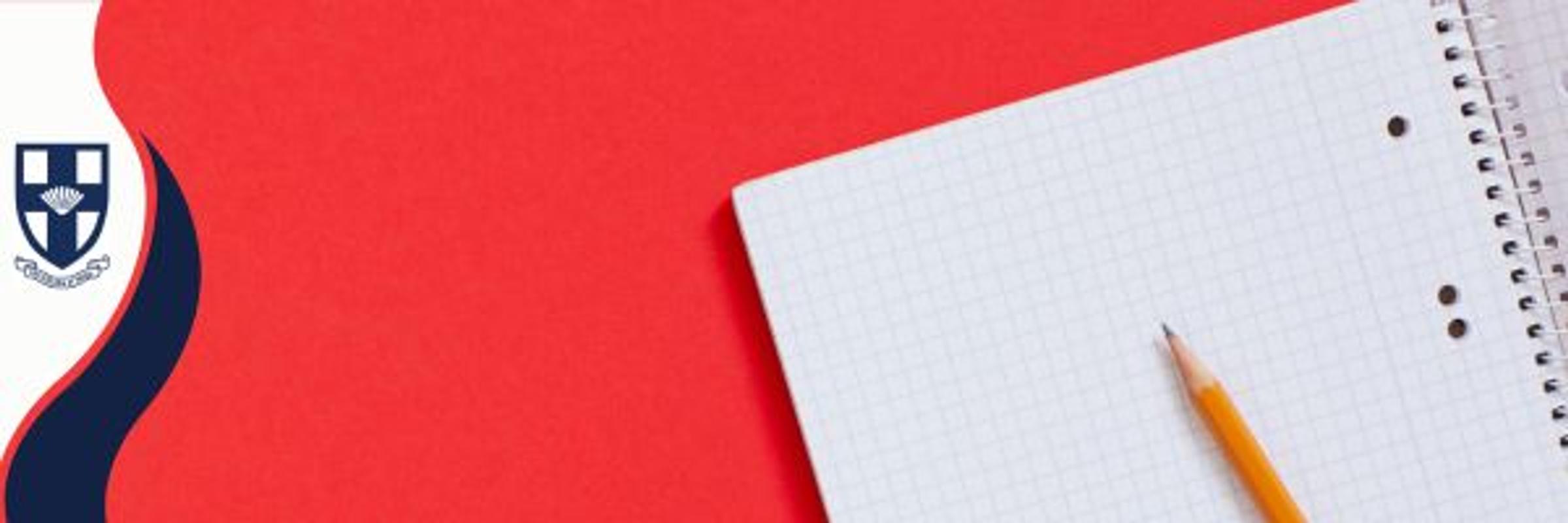
St James Learning and Teaching
Curriculum / Classroom News


What wonderful Mystery readers we have had in Year 2 over the last few weeks.


The beautiful stories have been enjoyed by all the children.
The interesting clues given to the children each week have caused lots of discussion and lots of guessing as to who the Mystery reader might be.
Over the last few weeks we have had


Katherine Williams who read ‘Ada Twist, Scientist’
Nina Wan read ‘The Jolly Postman’
And
Hilary Davidson read ‘Mr Chicken Goes to Paris’
Thank you so much for coming to our class and sharing such wonderful stories.
Cathy Busch
Year 2 Teacher
As we start school we spend a lot of time focussing on reading, but our writing skills are very important too. Helping, modelling and celebrating writing in your home can really help create great writers.
How Can You Help Your Child to Write?
Learning to write begins with scribbling and drawing. This is an important first step and should be encouraged. The next step is to encourage your child to write letter-like shapes, before moving on to practise writing the alphabet – both capitals and lower-case letters. After this, encourage your child to write sentences containing short words.
Encourage your child to take over some or all of the writing when they feel confident. When your child starts writing, try the following:
Here are some general tips to help your child when writing:
Writing about experiences and interests
You can use your child’s experiences and interests as a springboard into writing.
Topics might include:
Writing creatively
Because creative writing is fun, it is an excellent way to foster a love of writing. It also helps develop your child’s imagination, which has been proven to be important in critical thinking and problem-solving. You can use a book you have recently read together as a source of inspiration or create something new.
Some ideas for writing creatively include:
Opportunities to write every day at home
Like reading, writing with your child should become an everyday activity at home.
Try some of these writing ideas:
Keeping Senior Primary students reading can be hard and as they become teenagers it only gets harder. Now is a critcial time to ensure your child keeps reading. As the Year 6s start to think about transitioning to high school, it is important to keep in mind how we can keep learners reading.
Continuing the habit of reading, widely, into their early teenage years helps teens to:
What changes for teens
Changing reading habits
For teenagers, reading may take the form of print books, eBooks or articles online. But the ‘dopamine pull’ to check the latest from their social media feeds is strong.
It’s not surprising that research shows teens (and adults!) are reading fewer books than before. So, as the concept of reading broadens to encompass digital (which is often bite-sized), we also need to broaden teens' reading opportunities.
Understanding Senior Primary Students and Teen readers
What do teens read? Books they've chosen themselves
Scholastic’s ‘Kids and family reading report’ (2019) found one constant result over their 13 years of gathering data. When kids get to choose, they read.
The Australian Scholastic ‘Kids and family reading report’ (2016) found the following:
12 to 17-year-olds want to read books that (in order of priority):
How Can We Help learners Read?
Social influences from a range of different people are helpful to shape the attitudes of teens towards reading. Adolescents read more when they see friends and significant adults such as parents, teachers and coaches reading.
Keep your finger on the teenage reading pulse
Senior Primary Students place a lot of value on relationships, culture and peers. So, understanding the genres that appeal to teens right now is critical if you want to engage them in reading.
The trick is to provide easy access to an array of enticing material. Keep your finger on the teenage reading pulse by:
Mandi Joplin
Junior Literacy and Intervention Leader
Just a reminder the Holt District Athletics Carnival will be held tomorrow, Friday 1st September at Duncan McKinnon Reserve. Please be at school by 8.30am for an 8.45am departure.
Thank you to those who are taking their own children straight to the track. If you are taking others please let me know asap so the bus is not waiting for them.
Please ensure your child brings with them a fully packed lunch and water bottle as well as plenty of warm clothes as it can get very cold.
Correct footwear is also very important. 9-10 year olds are not allowed spikes at all. Needle spikes are not permitted at all, no spikes in the 800 and 1500. Pyramid or Christmas tree spikes are ok for sprint, hurdles, relays and jumps.
Good luck to all of our students competing, especially our students competing for the first time.
Kind Regards,
Georgia McNamara
Sport Co-Ordinator/Senior Physical Education Teacher
BOOK WEEK 2023
What a week it was. Each day the whole school engaged in fun, creative, reading activities which explored new authors, the shortlisted CBCA picture books, the new picture book Sunday Skating by everyone’s favourite author Andrea Rowe.
We started the week with a simultaneous reading of Sunday Skating. What a great book!

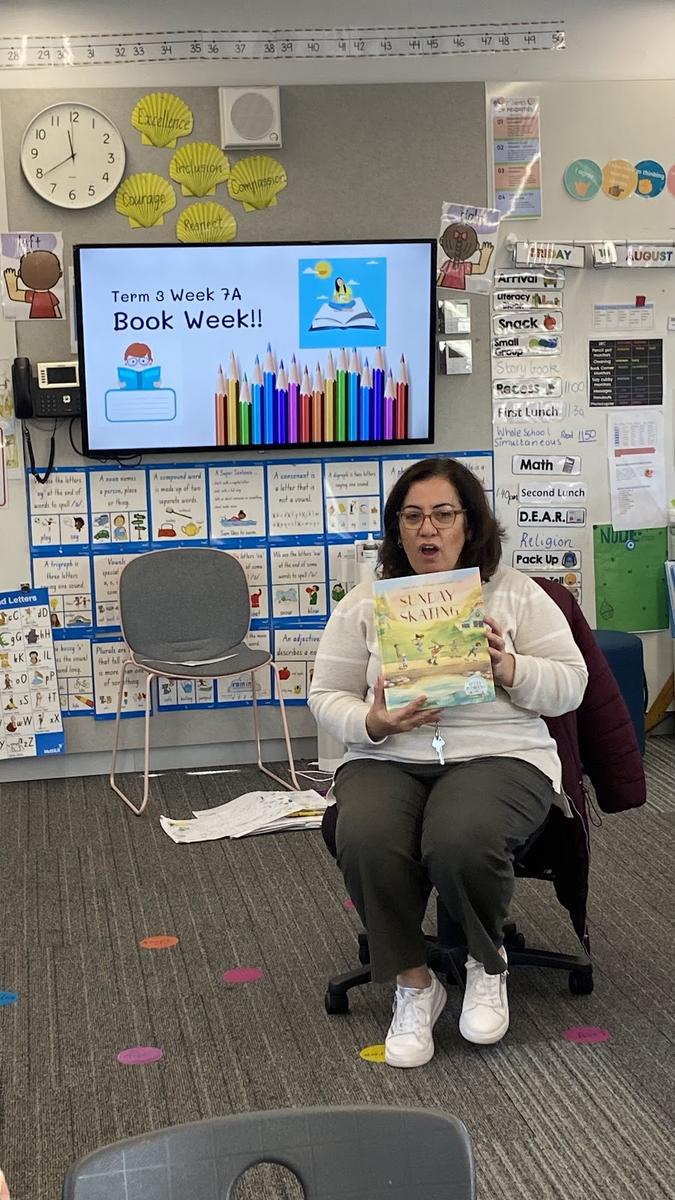




Children loved Sunday Skating. Here’s what they had to say…
‘It was a good fit book for people who love adventure. If you are feeling shy- and want to be courageous you should read it’ Audrey Year 4
‘I really liked it. It was relatable and I liked the characters in Jetty Jumping.’ Alba Year 3
“It was a great read, really fun book’ Grace Year 1
It was an action packed story which I really enjoyed. It was super good - really loved it’
Adam Year 1
‘I thought that Sunday Skating was an amazing book about encouraging people to have confidence in themselves and never give up even if you fall’ Katie Year 6
‘Sunday Skating was really good, it put me in a really good mood and I liked how it was about friendship and encouragement!’ Sophie Year 6
Tuesday we shared one of our favourite community engagement activities in the Junior School - Mystery Reader with the rest of the school. Each class received 4 clues of a teacher across the school who popped in at 11:30 to read their favourite book. It was lovely to see our executive leadership team and Ange in the Library joining in the fun!














On Thursday we ran a Year 3-6 Lit Quiz. The Lit Quiz is a national competition amongst schools in groups of 4. The questions range from Harry Potter trivia to the who is the Australian author of Rowan of Rin. It was organised mayhem and chaos and lots of fun was had by all. It was very close but a big congratulations to the Dino Nuggets and E-ban Teams on their win!



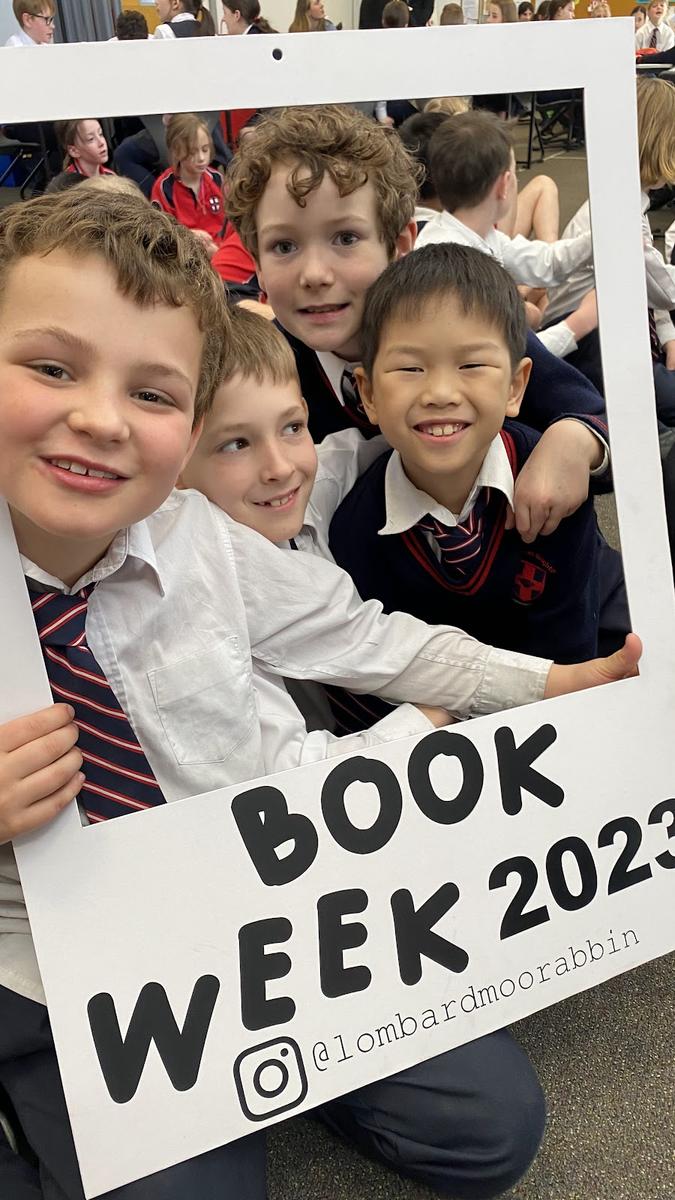












Finally it was a marvelous morning of madness on Friday with our annual St James Bookweek Parade... goodness, who didn't we see? It seemed that many of the characters that we have grown to love and cherish had stepped out of their books and into our parade. We were blown away by the creativity, imagination and dedication to costumes (it might have been the best we have seen yet). Students outdid themselves this year with imaginative, bookish, wonderful character costumes. We even had one lucky class accompanied by their Story dog Boomer - what a joy!! It was an outstanding effort from all. Thank you for your support!


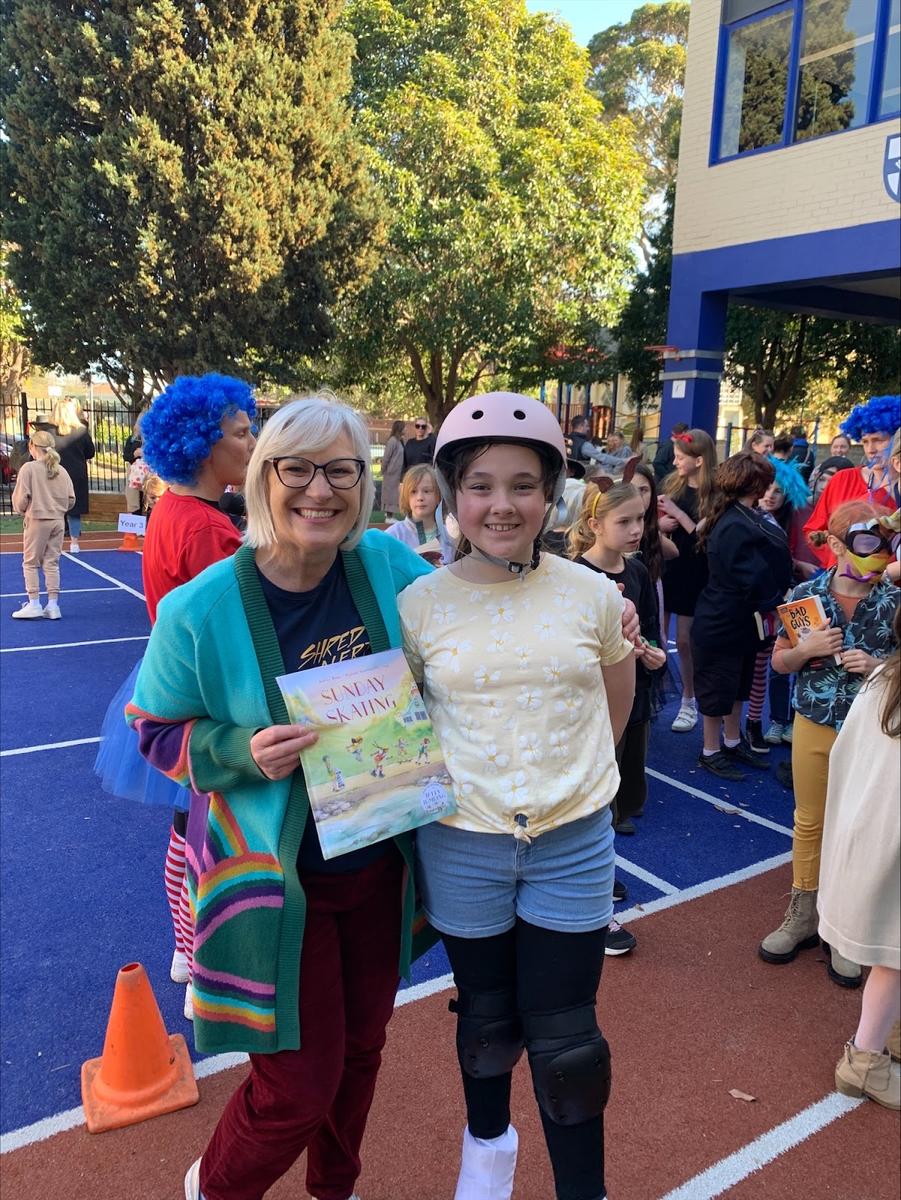











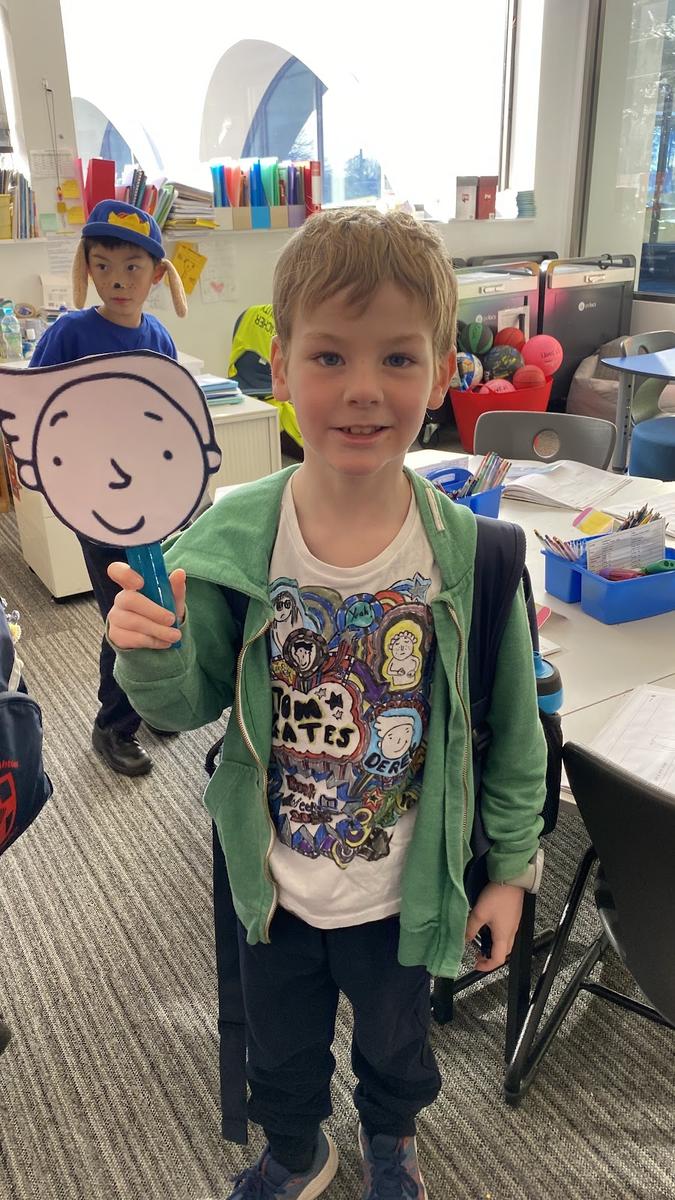



AUTHOR VISIT




Finally we were blessed to have the one and only Andrea Rowe join us on Friday afternoon for a very informative and fun session on being a writer!
What an amazing treat for the students at St James. Andrea shared her passion for story telling and how to be an author. We learnt that authors can be:


Andrea taught us how affective Onomatopoeia can be in our writing:








Andrea brought her passion, enthusiasm and creativity to not only her sessions but she was along side us at the parade, shining her light bright, cheering our children on making them feel very special. Andrea’s session helped our children feel that books open doors for them and can catapult them into fun! Andrea showed how invested she is in helping kids connect with their dreams.
Thank you to Andrea for joining our special day. We can’t wait to read your upcoming books.
Check out this lovely video of Andrea’s review of St James and here day spent with us.
https://www.instagram.com/reel/CwWmNIDtsWL/?igshid=MzRlODBiNWFlZA==
LUNCHTIME ACTIVITIES
Throughout Book Week we also there were a number of lunchtime activities in the Library. Have a look at what we got up to!




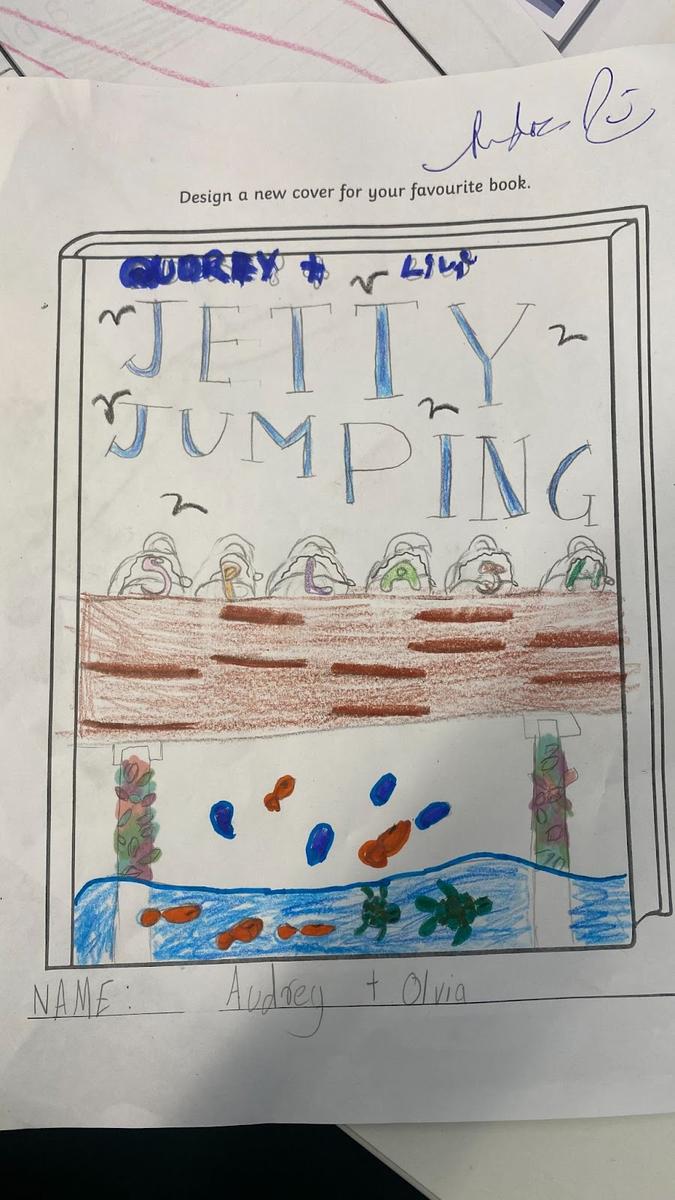









Premier's Reading Challenge
Our St James Students have been working really hard reading away. We are almost there!! You have 2 more weeks!! The Premier’s Reading Challenge ends on Friday 8 September. Good luck everyone!
Congratulations to our readers on the leader board.


Happy Reading
Mandi Joplin
Teacher Librari